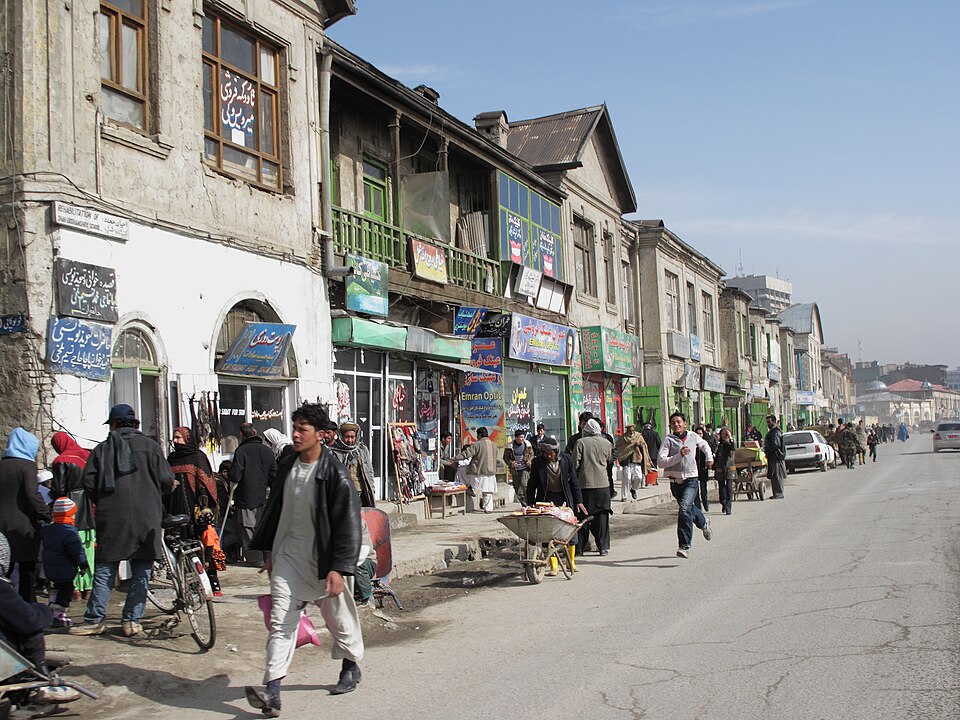
An unnamed UK Special Forces (UKSF) officer personally rejected 1,585 resettlement applications from Afghan nationals with credible ties to UK special forces, according to documents revealed
in court by the Ministry of Defence (MoD). The applications, all turned down during a rapid review in summer 2023, primarily involved Afghan commandos—known as the "Triples"—who supported British forces and now face deadly reprisals from the Taliban.
The rejections occurred during a sensitive time, coinciding with an ongoing public inquiry into alleged war crimes by the SAS in Afghanistan—some of which the Triples may have witnessed. The officer responsible is believed to be linked to this inquiry.
Court documents show MoD officials expressed concerns as early as October 2022 that UKSF was engaging in "automatic rejections" of applicants with Triples connections. Natalie Moore, head of the UK’s Afghan resettlement team, warned the practice created the appearance of a hidden mass rejection policy.
In January 2024, then-Veterans Minister Johnny Mercer wrote to senior ministers, calling the UKSF’s veto over potential witnesses to the inquiry a "deeply inappropriate" conflict of interest. He cited evidence that five former Triples had been killed by the Taliban following rejection of their applications, including one who had reportedly confronted UKSF leaders over extrajudicial killings.
Despite repeated concerns raised within government between 2022 and early 2024, the MoD denied the existence of a UKSF veto to both the BBC and Parliament in March 2024.
The Triples—designated as CF 333 and ATF 444—were elite Afghan units trained, funded, and deployed by the UK. When the Taliban regained control in 2021, their affiliation with British forces placed them at extreme risk, qualifying them for UK resettlement.
Nevertheless, over 2,000 applications with credible support were rejected by UKSF. The MoD has since launched a review, admitting that many of the decisions were "not robust." More than 600 rejections have already been overturned, and a new phase of the review will now assess up to 2,500 additional cases.
Some denied Triples have reportedly been tortured or killed by the Taliban. Testimonies from families and legal representatives highlight the real-world consequences of the rejections.
Documents disclosed as part of a judicial review brought by a former Triple reveal two internal investigations into the UKSF’s role. One probe, Operation X, claimed there was no evidence of a hidden agenda or mass rejections, blaming instead "slack" verification procedures by the UKSF liaison officer. However, it offered no evidence to support these findings.
BBC Panorama recently reported that the process was overseen by General Sir Roland Jenkins, then head of UKSF, who has since been promoted to lead the Royal Navy. The MoD denied his involvement or that he appointed the officer in question.
In court, Tom de la Mare KC, representing the former Triple, accused the MoD of failing its duty of candour by withholding evidence of a blanket rejection policy. He also claimed the MoD misled the court and the public.
Responding, MoD lawyer Cathryn McGahey KC admitted past inaccuracies in the department’s statements, offering an apology but defending the overall legality of the review process.
Daniel Carey, the lawyer for the former Triple bringing the case, criticized the MoD for requiring litigation to enforce basic fairness. His client, he said, had spent years urging the government to revisit the mass rejections as colleagues were harmed or killed in the interim. Photo by Christopher Killalea, Wikimedia commons.




































